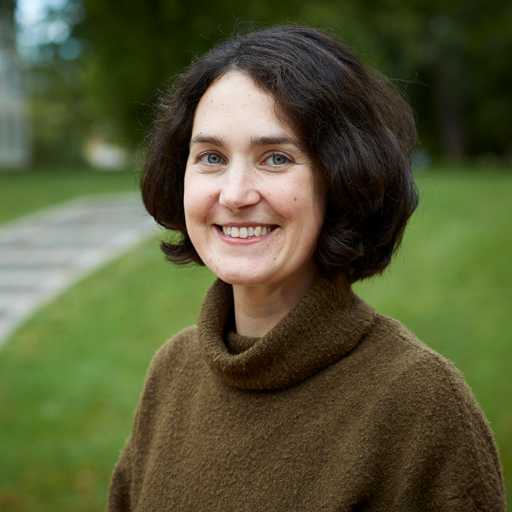
This research project addresses questions of authority and cultural blending in revelatory discourse through a focus on the Sibylline Oracles. These Greek oracles about the history and fate of humankind were composed, compiled and re-edited by Jews and then Christians under Roman rule. Attributed to a famous prophetess, they reinterpret both Classical and Judaeo-Christian canonical material in epic meter and styles ranging from hymn to diatribe and catalogue.
Given surges in scholarship on Greek epic receptions and pseudepigraphy, the textures of this corpus deserve new analysis alongside other ancient traditions invoking divine knowledge. I will situate parts of the Sibylline Oracles within Hellenistic and Imperial receptions of Homeric and Hesiodic poetry, discuss interactions with Greek philosophy, and compare authorizing moves in pseudepigraphic literature from across the Mediterranean.
Appending a translation of the foundational sections of these oracles, my aim is to encourage critical interest in the contours of both ancient and modern apocalyptic discourses. For the Sibylline corpus, with its remarkable author-figure predicting ecological disasters and making international moral exhortations, encourages us to address head-on questions about modes of persuasion amid wider anxieties about the status of nations in the eyes of the world, and about climate change.
Project title:
Reframing the Sibylline Oracles
Area of research:
Ancient Literature and Theology
Fellowship period:
1 Oct 2020 - 30 Sep 2022
Fellowship type:
AIAS-COFUND II Marie Skłodowska-Curie fellow

This fellowship has received funding from the European Union’s Horizon 2020 research and innovation programme under the Marie Skłodowska-Curie grant agreement No 754513 and The Aarhus University Research Foundation.
